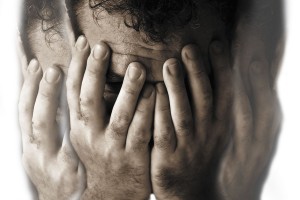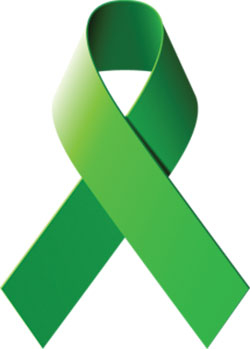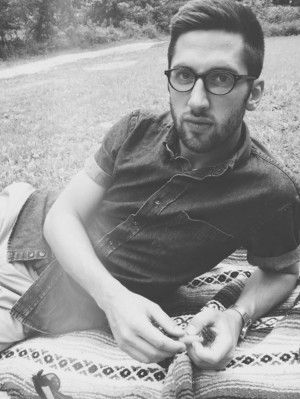Raising mental health awareness
The death of Robin Williams has sparked a national conversation about mental health. But how do we deal with mental health on a local level, or even a personal one? These are the questions Beth Rueschhoff, assistant professor of biology, is raising in her ongoing series on mental health.
October 5, 2014
Beth Rueschhoff, assistant professor of biology, has designed an ongoing series of talks to appeal to some of the schools on campus such as nursing, psychology and sociology. The most recent talk, held Oct. 1 in the Hoosier Room, tackled the question of community response. Michael Day, psychologist and director of personal counseling at IU Southeast, was the main speaker at the event.
“Tonight’s presentation is called ‘The Community Response Side,” Day said. “Hopefully it will shed a little light on how we can understand mental health and wellness in a more accurate and supportive manner; how we can intervene in the lives of our friends, family or even ourselves in ways that could be more effective and supportive.”
This means looking out for warning signs such as the four D’s: dysfunction, distress, deviance and danger. And practicing QPR, which stands for “question, persuade and refer.” Day describes QPR as the mental version of CPR, because it allows you to help someone until professional help can intervene.
“So often in our society we won’t ask those questions, we’re scared to death to ask someone, ‘How are you doing?'” Day said. “We don’t ask, we don’t talk about it, we shut up, we turn around and let things go and later we feel awful. Whether it leads to suicide or some other problematic behavior.”
Amanda Stonecipher, director of residence life and housing, and local police, also spoke at the event discussing what students should do when faced with emergency situations such as school shootings or suicide. But Day stressed that the stigma that all mentally ill people are dangerous and should be avoided is one that needs to be addressed.
“First of all, we need to know and be aware of your own biases and stereotypes, and try to counter those,” Day said. “So that our own anxiety and our own nervousness doesn’t get in the way. And the second thing would be to have a conversation, start talking to somebody.”
Rueschhoff said that she hopes these talks will dispel some of these stigmas in our community. And by raising awareness she hopes to make students and others feel more comfortable seeking help.
“I would hope people would come away with an awareness of the people around them and any issues they are having,” Rueschhoff said. “And how to help those people instead of shying away from the issue or just leaving it alone. We can help support everyone in our community.”
The next talk, “The Prevention & Treatment Side,” will be held on Oct. 15 from 7:30 p.m. to 9:30 p.m. in University Center North, Room 127.




